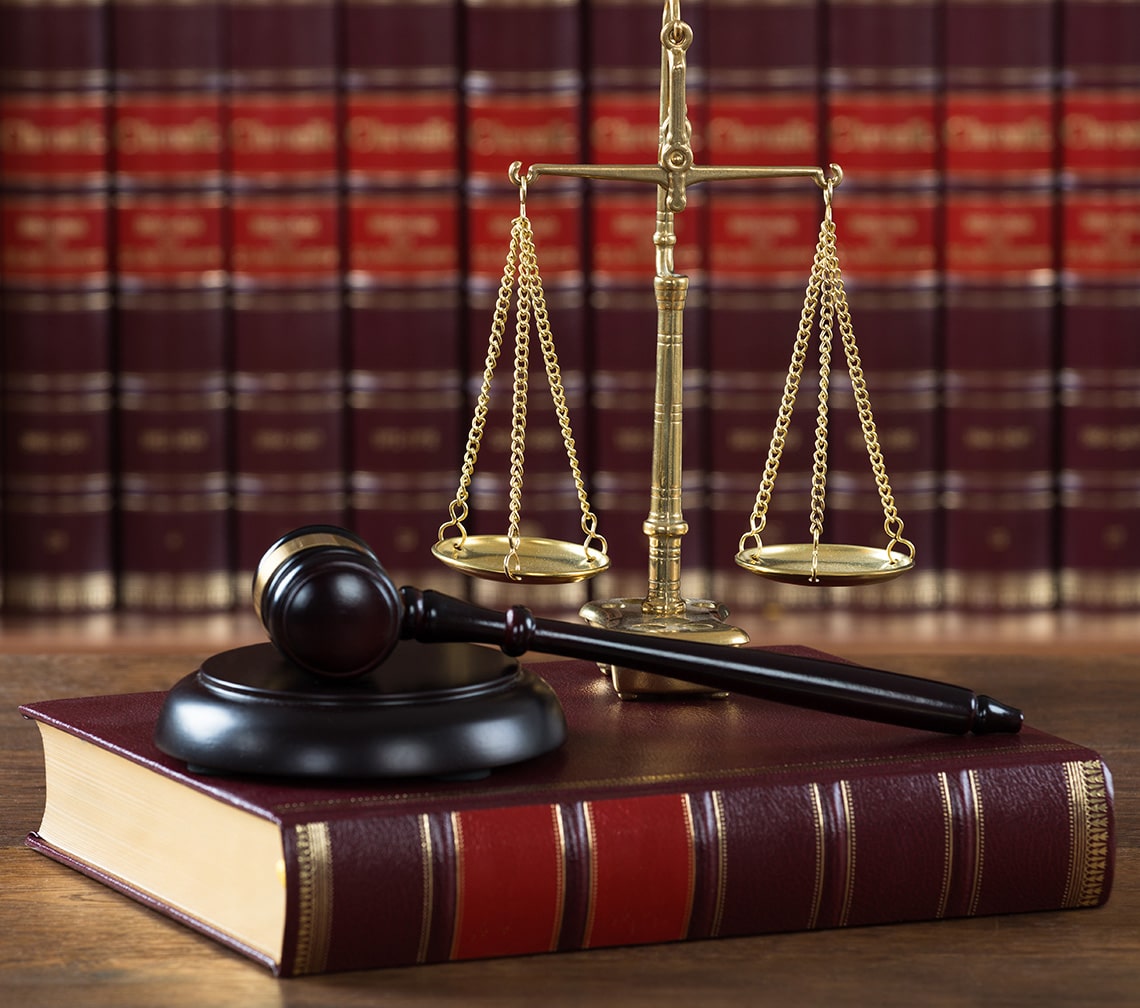What is the Board of Industrial Insurance Appeals (BIIA) in Washington State?

Board of Industrial Insurance Appeals (BIIA) in Washington State
Work injury claimants often ask me about the Board of Industrial Insurance Appeals. We usually call it the “Board” or the “BIIA”. Mostly, people are curious to know the role of the Board and how it relates to L&I claims or self-insured workers’ compensation claims in Washington State.
The Board of Industrial Insurance Appeals is an independent agency. The Department of Labor and Industries (L&I) does not own or operate the BIIA. However, the Board is responsible for hearing appeals. More explicitly, whenever L&I issues a decision in your L&I claim or self-insured employer claim, you can appeal the decision. The same goes for the insurance company for self-insured employers. When claim administrators for the self-insured employer disagree with a decision, they can also file an appeal.
Decision Making at the Board of Industrial Insurance Appeals (BIIA)
The Board is a quasi-judicial agency. There are 3 members that lead the Board: A public member, a labor member, and a business member. These 3 members are ultimately responsible for issuing the final decision in every dispute. However, as a practical matter, the Board employs a significant number of Industrial Appeals Judges (IAJs). These judges preside over hearings.
First, the industrial judge hears the evidence that the party presents at the appeal. Then, the judge issues a Proposed Decision & Order (PD&O) in writing. Work injury claimants can appeal the decision. For that, you need to file a Petition for Review. If you appeal the decision, the 3-member Board can affirm the decision and deny the appeal. Alternatively, they can grant the review and issue a new written decision that they call Decision & Order (D&O). However, if you don’t appeal, they simply issue a decision confirming the PD&O. After that, it becomes the final Board decision.
BIIA Rules and Guidelines
It’s important to know that the Board cannot review the complete L&I claim file during appeals. The Board bases its decision on the evidence that the parties present. Furthermore, the appealing party has the legal burden of proving that L&I’s decision is wrong. Here, after the appealing party meets the burden of proof, the opposing party can then present their evidence. During this time, the Board hearing is very much like a regular court. Every party in the appeal must follow the Rules of Civil Procedure (with very few exceptions).
Do I Need a Workers’ Compensation Attorney for a Board Hearing?
Injured workers can represent themselves before the Board. We call this acting pro se. However, L&I will be represented by a skilled and highly competent Assistant Attorney General. Moreover, self-insured employers will be represented by workers’ compensation attorneys with vast experience. Therefore, if you have a Board appeal, it’s highly advisable to retain an L&I attorney or workers’ compensation attorney. Having a workers’ comp attorney can significantly increase the chances of prevailing. Also, it’ll help you meet all legal procedures at the Board.
Additional resources: The Board of Industrial Insurance Appeals website

